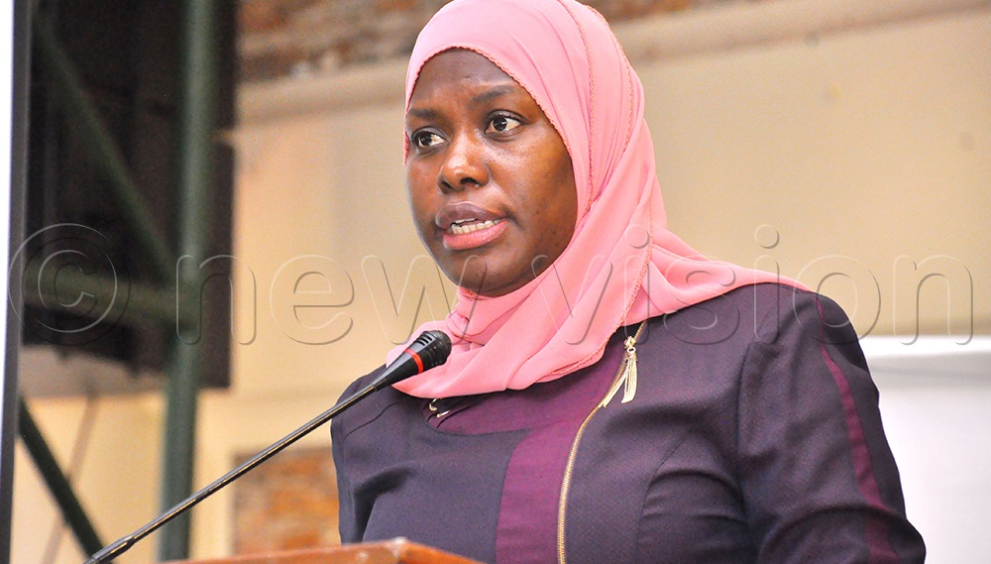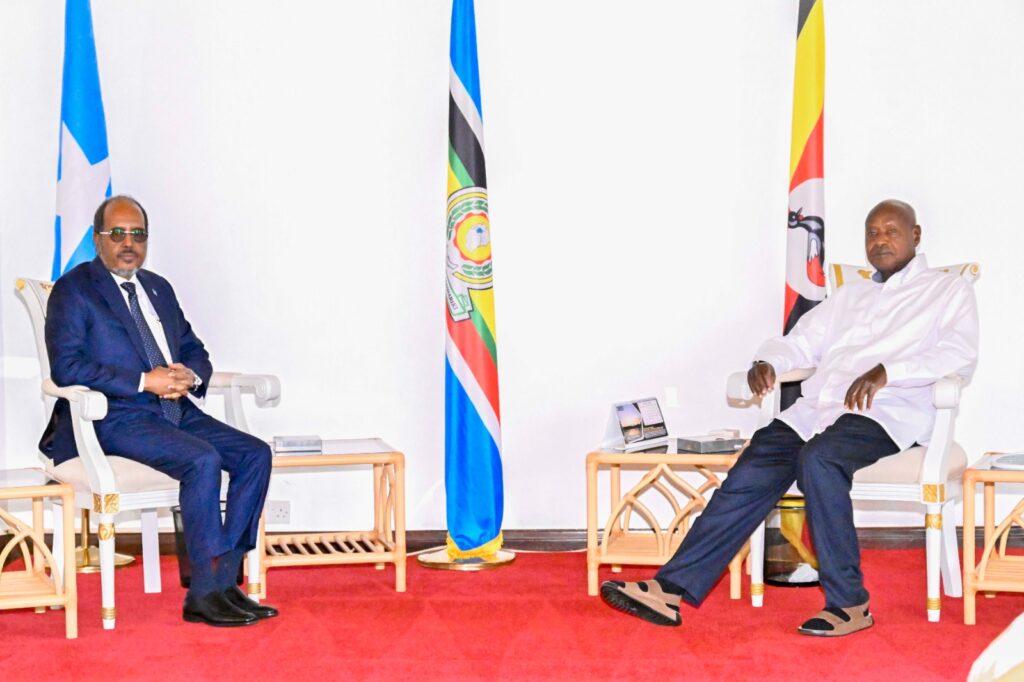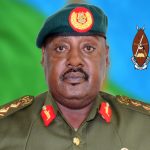Advancements and Challenges in Uganda’s ICT Sector: A Focus on Internet Penetration and Optical Fiber Infrastructure

With a rise of 1.2 million internet users between January 2023 and January 2024, Uganda now boasts 13.30 million internet users. Despite this, Uganda faces challenges in extending internet access, particularly in rural areas.

Uganda’s internet users increased by 1.2 million (10.3%) between January 2023 and January 2024, according to Dr. Aminah Zawedde, Permanent Secretary, Ministry of Information Communication and Technology (ICT).
This increased the overall number of internet users in Uganda to 13.30 million.
According to statistics, the Democratic Republic of the Congo has the most internet users among East African Community member states, at 28 million. Kenya is second with 22 million, followed by Tanzania (21 million), Uganda (13 million), Rwanda (4 million), and South Sudan (1 million).
“In recent years, Uganda has made significant success in the telecommunications and ICT industries. Uganda had 13.30 million internet users in January 2024, with an internet penetration rate of 2% of the entire population at the start of the year, according to Dr Zawedde.
She explained that as of 2023, 3G covered approximately 77% of the population and 31% of the geography, while 4G covered 53% of the country’s geography and 24% of the territory. 5G technology has also been commercially launched in Uganda.
Dr. Zawedde stated that such advancements in ICT speed Uganda’s digital transformation agenda, improve communication, and lower the cost of doing business, among other advantages.
On Monday, March 25, 2024, she addressed delegates from 29 African countries in a validation workshop of the policy and regulatory frameworks for optical fibre infrastructure held at the Golf Course Hotel in Kampala as part of the enhancement of governance and enabling environment programme.
Participants included representatives from the Eastern African, Southern African, and Indian Ocean Member States (EA-SA-IO), the East African Community (EAC), the Intergovernmental Authority on Development (IGAD), and the European Union, among others.
Global figures.
Dr. Zawedde stated that by 2023, nearly 67% of the world’s population would be utilizing the internet. However, only 37% of Africa’s population used the Internet.
“This is an indication that as a continent there is a need to improve ICT infrastructure coverage and target to reach the underserved and unserved communities,” she said.
She expressed disappointment that Africa lags behind in fiber network and broadband access, spectrum, and data center processing capacity.
Dr Zawedde stated that digital infrastructure investments in Africa will require 250,000 new 4G base stations and at least 250,000 kilometers of fiber.
Zawedde stated that her ministry has implemented the National Data Transmission Backbone Infrastructure and e-Government Infrastructure project (NBI/EGI), which aims to connect all major towns in the country to an optical fibre cable-based network, as well as Ministries and Government Departments to the e-Government Network.
“Through this project, laying of over 12,000 Km of optical fibre cable across the country has been achieved,” she went on to say.
Benefits of optical fiber infrastructure.
Having optical fibre infrastructure available throughout the region would benefit various other sectors, including more cross-border trade, free movement of people, lower business costs, particularly for landlocked countries, and, ultimately, improved regional integration.
In 2009, SEACOM launched Africa’s first broadband submarine cable system throughout the continent’s eastern and southern shores. This signaled the start of a new age in which the African continent was connected to the rest of the world. Since then, several additional cables have arrived at various ports along the African coast.
The challenge has been connecting to the in-land. Landlocked countries have the problem of expanding fiber access in-country. Uganda, which is landlocked, suffers this difficulty. The theme of this workshop, optical fiber connectivity, is thus an urgent issue for Africa.







